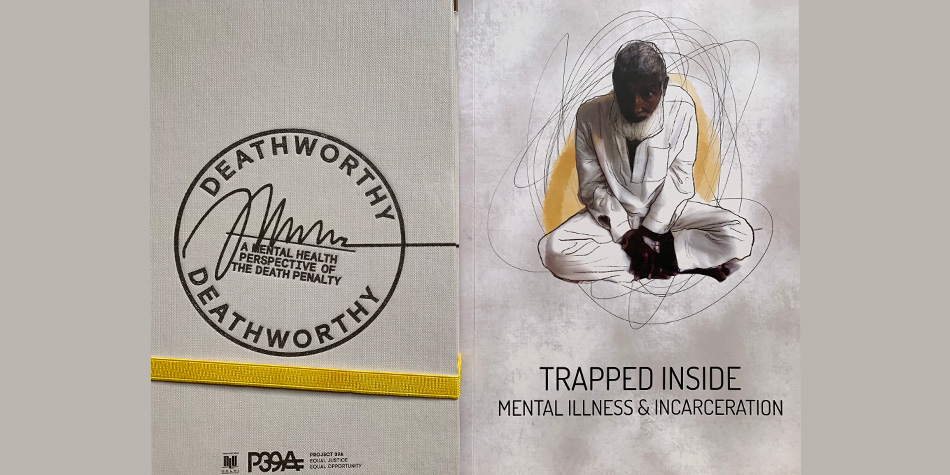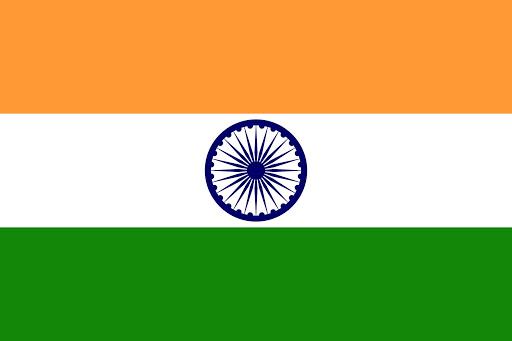
Critical expansion of the use of the death Penalty in India in 2018
Statistics
In 2018 India followed a particularly repressive path by sentencing 162 people to death – reaching a new high after nearly two decades. Amongst the many explanations, Project 39As’ report hightlights recent penal reforms and pending draft bills that aim at expanding the death penalty for non-lethal offenses, such as sexual crimes towards children, or for maritime piracy. India also voted against the United Nations’ 2018 moratorium on the use of the death penalty, arguing a contradiction with its domestic law that permits capital punishment only for the rarest of cases. As a result, there were 426 people on death row in 2018 compared to 371 in 2017.
However, the Supreme Court has, in a way, slightly countered this punitive shift by commuting 11 out of 12 sentences to life imprisonment. In the meantime, MP Dr. Shashi Tharoor introduced a new bill for abolishing the death penalty. The bill explicitly follows the footsteps of abolitionist movement in India by advocating alternative sentences, as well as preventive and rehabilitation penal measures and noting the bias or the ineffectiveness of the death penalty.
Categories
India





